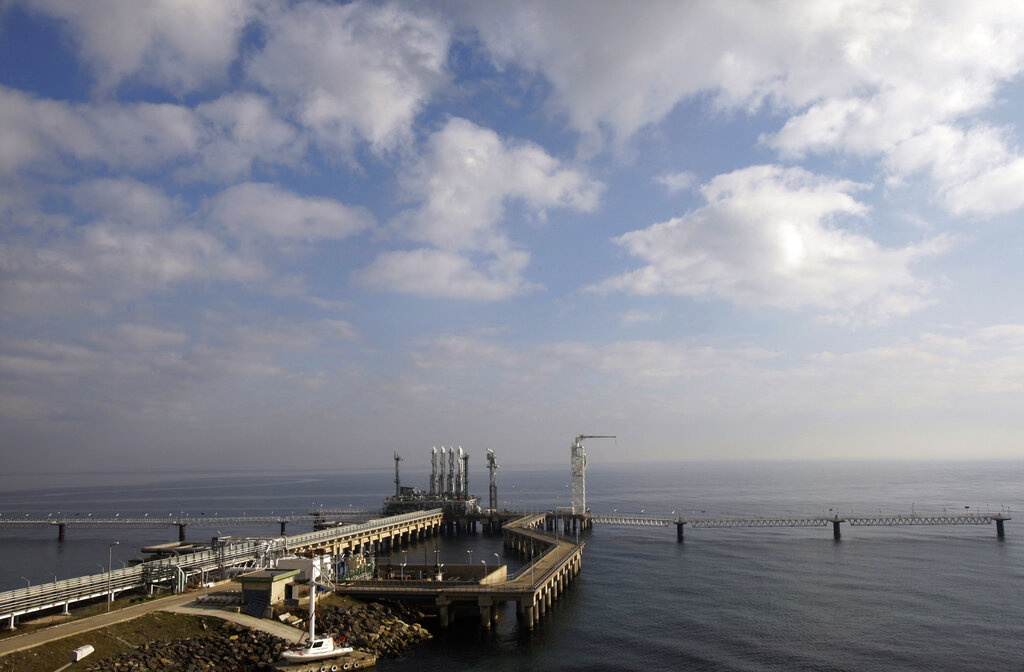Azerbaijan stands ready to supply Europe with emergency gas, the country’s ambassador to the United Kingdom, Elin Suleymanov, told media outlet News.az.
“If there is an urgent need, as we have seen in Turkey, some volumes would, of course, be made available,” Suleymanov said in an interview in London.
Azerbaijan can produce more gas and expand the Southern Gas Corridor, a European initiative for a natural gas supply route from Middle Eastern regions into Europe. It can also channel flows from Turkmenistan as the two nations prepare to develop the Dostlug field in the Caspian Sea, the ambassador said.
“We are not looking at energy security and the potential expansion and growth of volumes through a short-term crisis, you cannot succeed with short-term mandates. It’s a long-term plan, it’s a process, it’s not like someone comes up and says, ‘Give me more gas,'” he added.
The Southern Gas Corridor, which consists of Shah Deniz 2, the extension of the South Caucasus pipeline, the Trans Anatolian natural gas pipeline (TANAP) and the Trans Adriatic pipeline (TAP) became fully operational on Dec. 31, 2020.
A total of 8.1 billion cubic meters of gas were transported by TAP in 2021. The pipeline supplied 6.8 billion cubic meters to Italy and 1.2 billion cubic meters to Greece and Bulgaria.






